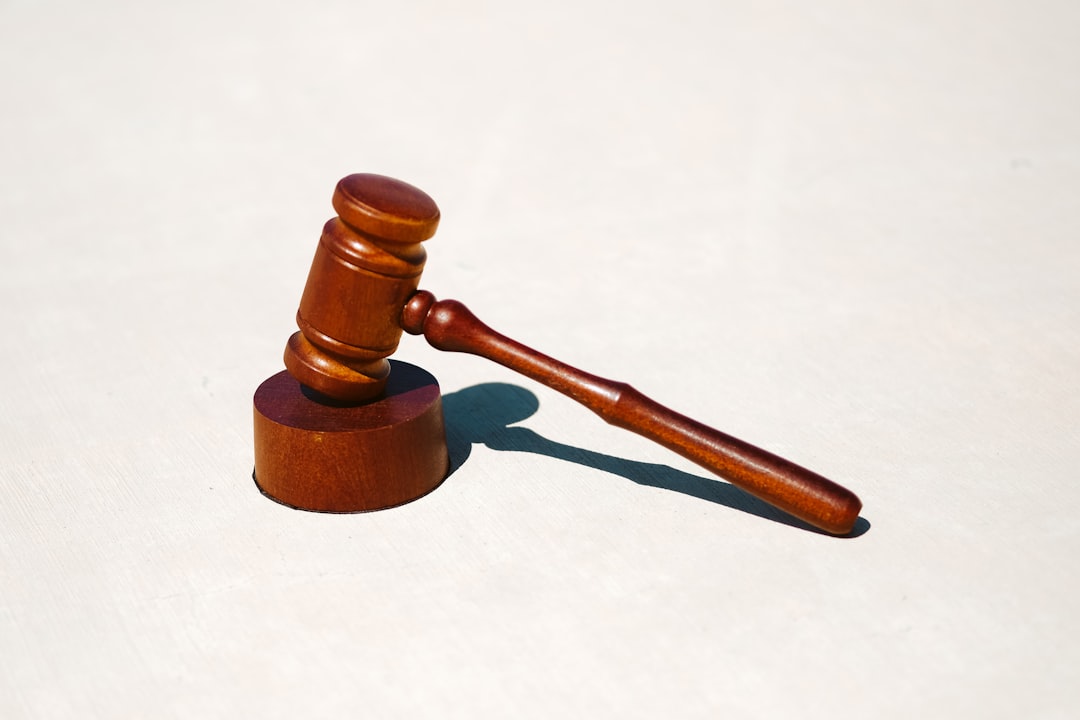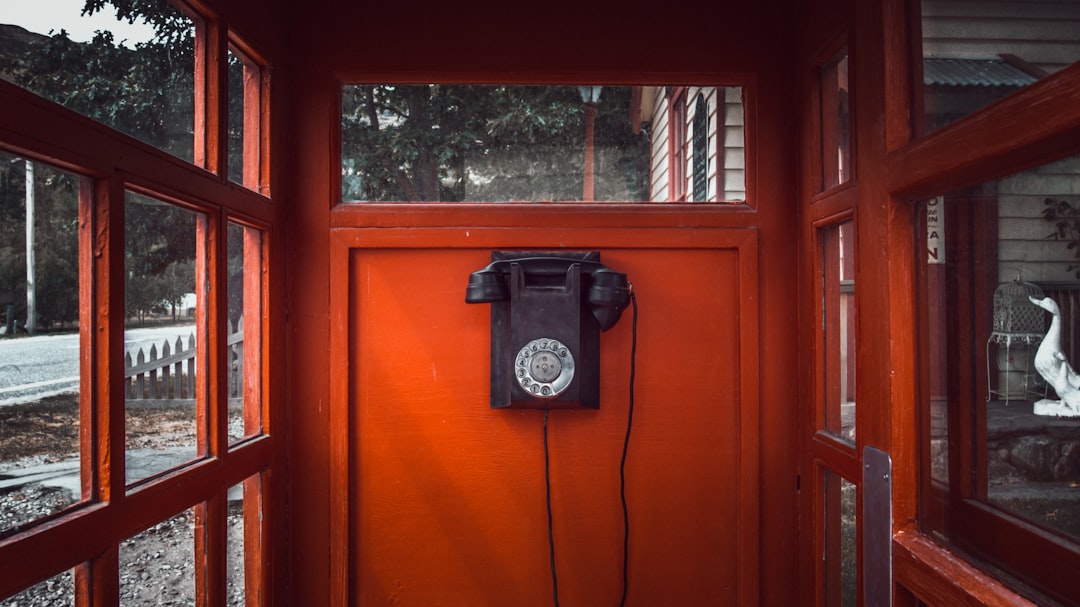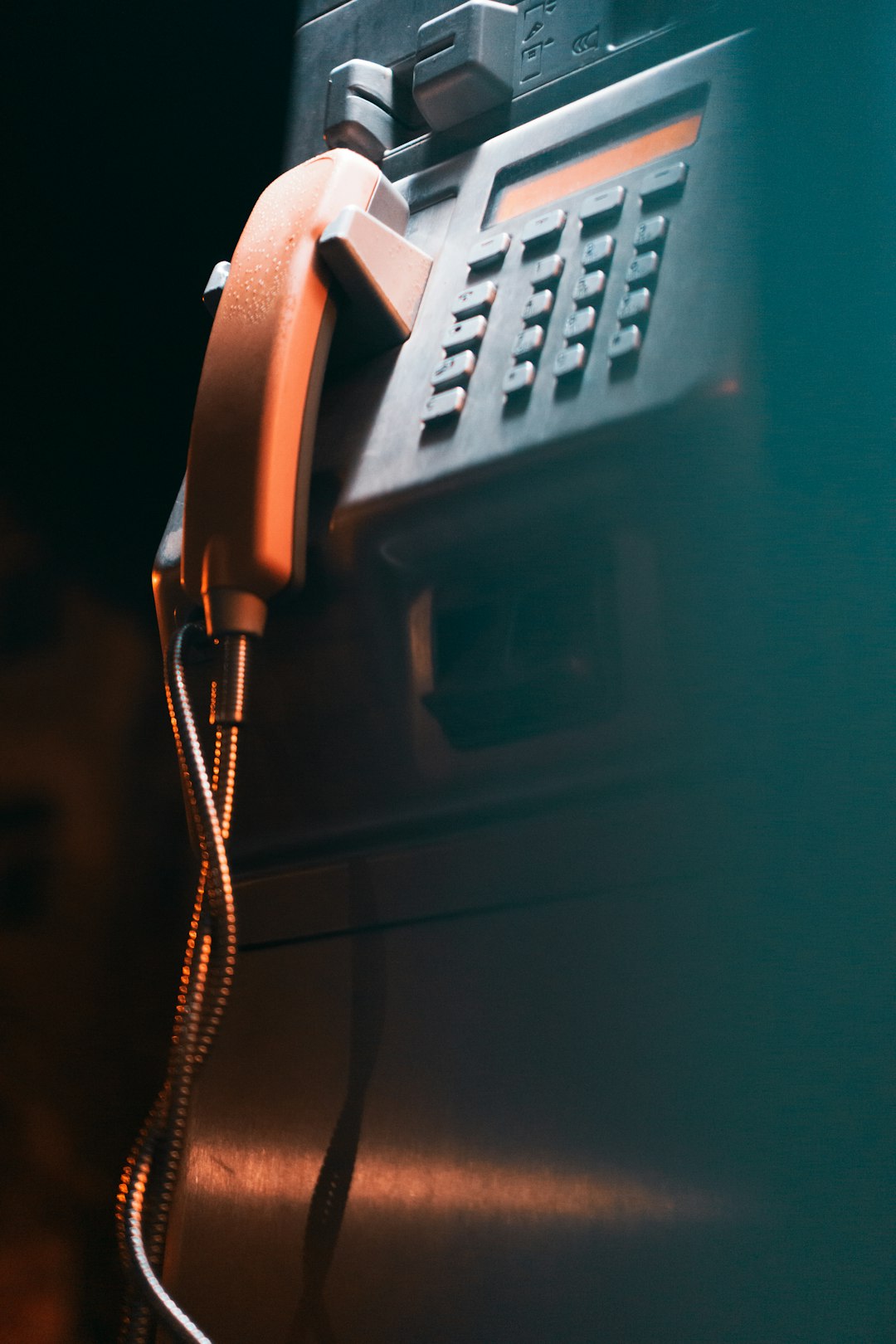Robocalls are a pervasive problem in Minnesota, with many used for telemarketing and scams. The Telephone Consumer Protection Act (TCPA) restricts them, but identifying and tracking robocallers is crucial. Advanced technologies like call-blocking apps and machine learning algorithms help block unwanted calls. Consulting a robocall Attorney Minnesota can provide legal recourse under state and federal laws. Residents can protect themselves by registering on the National Do Not Call Registry, using specialized apps, and embracing advanced call blocking technologies. Minnesota's commitment to consumer protection involves stricter penalties, enhanced call identification, and robust do-not-call lists, aiming for effective robocall regulation.
Tired of relentless robocalls plaguing your Minnesota home? You’re not alone. With legal frameworks in place, Minnesotans now have recourse against these unwanted calls. This comprehensive guide unravels the legal landscape of robocalls in the state, equipping you with tools to identify and track perpetrators. Discover when it’s time to consult a robocall Attorney Minnesota for legal action. Learn effective blocking strategies and explore future regulation prospects to reclaim your communication freedom.
Understanding Robocalls and Their Legal Framework in Minnesota

Robocalls, automated phone calls that deliver pre-recorded messages, have become a pervasive issue across the country, including Minnesota. While some robocalls are legitimate, like those from banks or government agencies, many are not—they’re used for telemarketing, scams, and fraudulent activities. In Minnesota, as in other states, there’s a legal framework to combat these unwanted calls. The Telephone Consumer Protection Act (TCPA) is a federal law that restricts how businesses can use automated phone systems and prerecorded messages. It gives consumers the right to stop receiving robocalls.
Minnesota’s Attorney General’s Office actively works to protect residents from illegal robocalls, taking action against offenders and educating the public on their rights. Consumers in Minnesota have several options to block robocalls, including registering their phone numbers with the National Do Not Call Registry, using call-blocking apps or features offered by their phone service providers, and reporting suspected fraudulent robocalls to the Attorney General’s Office.
Identifying and Tracking Robocallers: Tools and Techniques

Identifying and tracking robocallers is a crucial step in effectively blocking these unwanted calls, especially for robocall Attorney Minnesota. Fortunately, modern technology offers several powerful tools to combat this issue. One common method involves using call-blocking apps that can detect and filter out known robocaller numbers. These apps often utilize community-driven databases where users report suspicious calls, allowing for real-time updates on active robocallers.
Additionally, advanced telephone service providers in Minnesota offer sophisticated call-management systems. These platforms employ machine learning algorithms to analyze calling patterns and identify potential robocalls based on specific criteria like rapid dialing, pre-recorded messages, or unusual call volumes. By monitoring these activities, robocall Attorney Minnesota can stay proactive in blocking calls before they reach their phones.
Legal Recourse for Minnesotans: When to Consult a Robocall Attorney

In Minnesota, as in many other states, robocalls have become a significant nuisance. While there are tools and strategies to block them, certain calls may still slip through or be illegal under state and federal laws. If you find yourself facing persistent or unlawful robocalls, consulting a robocall Attorney Minnesota can be your best course of action.
These legal professionals specialize in representing individuals whose privacy rights have been invaded by unwanted telemarketing calls. They can help determine if the calls are illegal under Minnesota’s consumer protection laws or if federal regulations, like the Telephone Consumer Protection Act (TCPA), have been violated. A robocall Attorney Minnesota will guide you on legal recourse options, including seeking damages and blocking future calls effectively.
Effective Strategies to Block Robocalls: A Step-by-Step Guide

Robocalls can be a nuisance, but there are effective strategies to block them, especially for residents in Minnesota who frequently encounter unwanted calls from attorneys or other robocallers. Start by registering your number on the National Do Not Call Registry, a federal database that restricts telemarketing calls. This is a crucial first step as it ensures your number isn’t used for automated calling campaigns.
Next, explore phone application options designed to block robocalls. Several apps offer advanced call screening and blocking features tailored for various types of unwanted calls, including those from robocall attorneys. These applications can learn your preferences and automatically filter out known spammer numbers. Additionally, consider using call-blocking services or purchasing a dedicated hardware device that filters incoming calls, providing an extra layer of protection against robocalls in Minnesota.
The Future of Robocall Regulation: What Minnesota Can Do Next

As technology evolves, so do the methods used by robocallers, making it a constant challenge to stay ahead in the fight against unwanted automated calls. Minnesota, known for its forward-thinking approach to consumer protection, can take several proactive steps to enhance its robocall regulations and better serve its residents. One potential solution is to collaborate with legal experts specializing in robocall Attorney Minnesota to draft comprehensive legislation. This legislation could include stricter penalties for violators, mandating more transparent call identification, and implementing robust do-not-call lists that are regularly updated and respected by service providers.
Furthermore, investing in advanced call blocking technologies can be a game-changer. Encouraging telecommunications companies to integrate sophisticated filtering systems into their networks will significantly reduce the volume of robocalls reaching Minnesota residents. With these measures, the state can set a precedent for effective robocall regulation, ensuring that citizens enjoy greater peace and privacy while making phone calls in the future.






